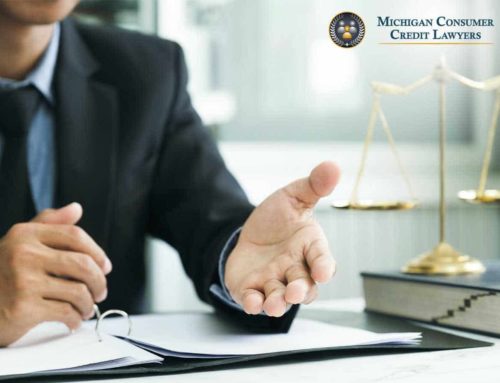One of the other goals of the Fair Debt Collection Practices Act is to promote fairness in debt collecting. To accomplish this goal, the FDCPA provides consumers with a means to dispute and obtain debt validation information for the purposes of assuring accuracy of the debt. Additionally, the act has also created specific guidelines for bill collectors including:
o definition of a consumer’s rights where debt collection is concerned
o how they conduct the collection of debt
o prescribing penalties as well as remedies for any violations of the FDCPA
In many circumstances, the FDCPA is used in conjunction with the Fair Credit Reporting Act as well.
Who does the FDCPA protect?
The FDCPA was created to protect the individual consumer from abusive bill collectors who might otherwise harassment, bully or intimate consumers. The FDCPA defines a debt collector as “any person who uses any instrumentality of interstate commerce or the mails in any business the principal purpose of which is the collection of any debts, or who regularly collects or attempts to collect, directly or indirectly, debts owed or due or asserted to be owed or due another.”
Because of how the FDCPA defines “consumer” and “debt”, the act is restricted to covering transactions to those incurred for personal, family or household use. Debts incurred by businesses or the individuals that are acting on behalf of the business are not covered by the Fair Debt Collection Practices Act. Moreover, the FDCPA only applies to third party debt collectors or collectors that work for creditors using a name other than the creditor (e.g. a collection department of a department store might call itself “ABC Auditing Services” instead of saying it’s the collection department of Gimbals Department Store).
What debt collection conduct is prohibited by the FDCPA?
The FDCPA defines and prohibits specific types of “abusive and deceptive” practices or types of harassment from debt collectors. This includes the following:
o using abusive or profane language
o attempting to contact the consumer at work if the collector has reason to know that the consumer cannot accept calls at work.
o contacting any consumer that is represented by an attorney;
o contacting a third party for information about the debtor;
o continual telephone calls that involve abusing, annoying, or harassing the individual
o publishing the name and address of the consumer on what is classified as a “bad debt list”
o threatening to have the consumer arrested or to take legal action against them
o using deceptive practices in order to collect the debt
If you have been harassed by a debt collector, call Attorney Gary Nitzkin for a free consultation at (888) 293-2882 or email him at [email protected]. For more information about your rights as consumer and collector harassment, visit our website at www.micreditlawyer.com. We have free self help videos that further explain your rights.



